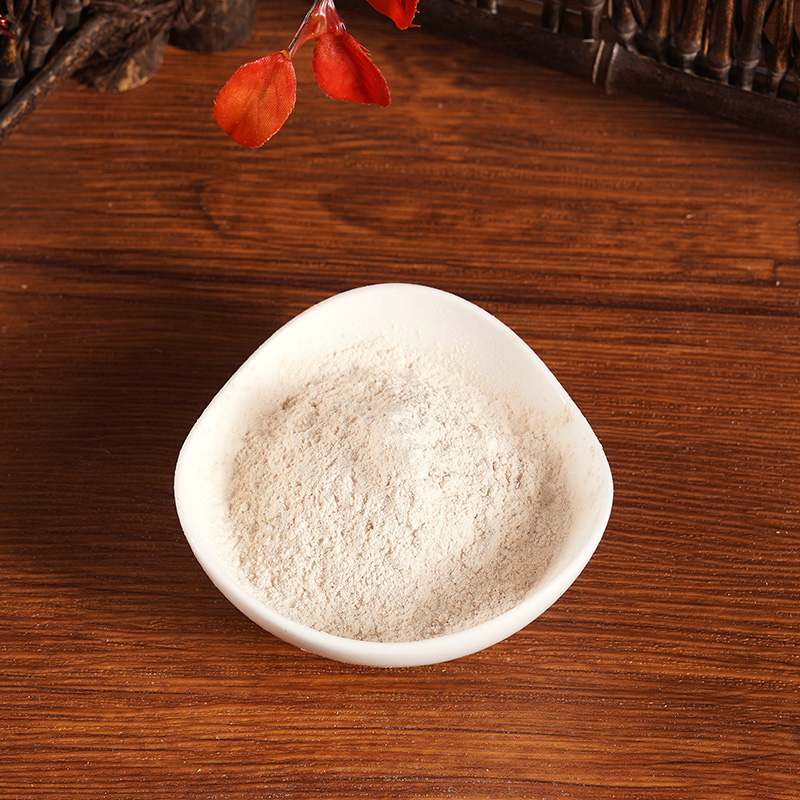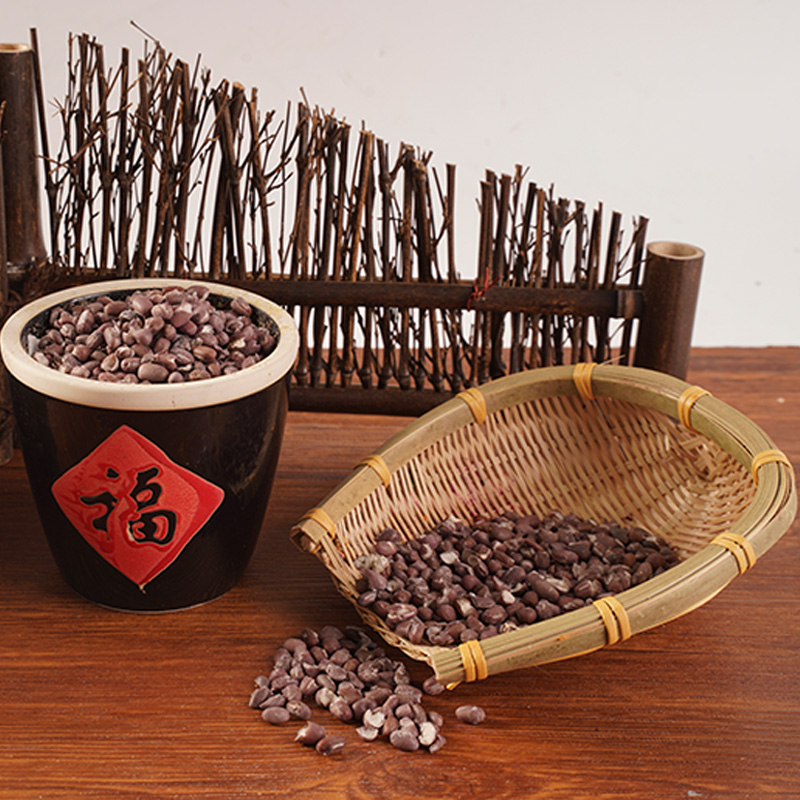Do Dehydrated Vegetables Retain Their Nutrients?
For health-conscious consumers stocking pantries or planning lightweight meals, dehydrated vegetables offer undeniable convenience and extended shelf life. But a critical question often arises: does the dehydration process strip these foods of their valuable vitamins and minerals? Research indicates that while the process isn't perfect, dehydrated vegetables can retain a significant portion of their original nutritional profile, making them a viable option beyond just culinary convenience.
The Dehydration Process: Removing Water, Not Necessarily Nutrients
Dehydration works by removing water from vegetables using methods like air-drying, sun-drying, or freeze-drying. Water removal inhibits the growth of bacteria, yeast, and mold, providing long-term stability without the need for refrigeration. Crucially, the primary goal is water extraction, not deliberate nutrient destruction.
Nutrient Retention: A Nuanced Picture
Scientific studies, including those referenced by institutions like the National Institutes of Health (NIH) and the Journal of Food Science and Technology, reveal a complex picture:
- Concentration Effect: Removing water significantly concentrates the vegetables. This means that per gram, dehydrated vegetables often contain higher levels of fiber, minerals (like potassium, magnesium, iron, and zinc), and antioxidants compared to their fresh counterparts. A serving of dehydrated broccoli flakes, for instance, packs much more fiber gram-for-gram than the same weight of fresh broccoli.
- Vitamin Stability Varies:
- Heat-Sensitive Vitamins: Vitamins most vulnerable to heat and oxidation, primarily vitamin C and certain B vitamins (like thiamine and folate), experience significant losses during conventional dehydration involving higher temperatures. Freeze-drying, which uses lower temperatures under vacuum, generally preserves more of these sensitive nutrients.
- Stable Vitamins: Other vitamins are more resilient. Vitamin A (in the form of carotenoids like beta-carotene), vitamin K, and vitamin E are largely retained through dehydration processes. Minerals remain stable as they are not broken down by heat or light.
- Antioxidant Preservation: Many beneficial plant compounds, including antioxidants like polyphenols and carotenoids, demonstrate good stability during dehydration. Their concentrated presence remains a significant health benefit.
Factors Influencing Nutrient Retention
The extent of nutrient preservation depends heavily on:
- Dehydration Method: Freeze-drying typically preserves heat-sensitive nutrients better than air-drying or sun-drying due to lower processing temperatures.
- Temperature and Time: Higher dehydration temperatures and longer processing times lead to greater losses of sensitive vitamins.
- Pre-treatment: Blanching (brief scalding) before dehydrating can actually preserve color and some nutrients by deactivating enzymes that cause spoilage and nutrient loss during storage. However, water-soluble vitamins can leach out slightly during blanching.
- Storage: Proper storage in cool, dark, airtight containers is vital after dehydration to prevent further nutrient degradation (especially for vitamins A, C, and E) caused by light, heat, and oxygen.
The Verdict: A Nutritious Pantry Staple
Yes, dehydrated vegetables do retain a substantial portion of their nutrients, particularly minerals, fiber, stable vitamins, and many antioxidants. While they may not match the peak levels of vitamin C found in just-picked produce, they offer concentrated nutrition unmatched by many other shelf-stable options.
Practical Takeaways:
- Convenience Meets Nutrition: Dehydrated vegetables provide a convenient way to incorporate concentrated doses of fiber, minerals, and certain vitamins into diets, especially with limited access to fresh produce or for specific dietary needs like backpacking.
- Rehydration Matters: Properly rehydrating dried vegetables before consumption (unless used dry in soups/stews) improves their texture and palatability.
- Complement, Don't Replace: They are best viewed as a valuable complement to a diet rich in varied fresh and frozen produce, rather than a wholesale replacement, particularly for maximizing intake of highly heat-sensitive vitamins.
Dehydration offers a remarkably effective method for preserving the core nutritional value of vegetables over extended periods. Understanding the nuances empowers consumers to leverage this traditional food preservation technique as a practical and nutritious component of a balanced diet.
prevNo previous article
nextThe Preserved Harvest: A Comprehensive Exploration of Dehydrated Vegetables
News Category
- Company News(1)
- Industry News(79)



 English
English русский
русский 日本語
日本語 한국어
한국어 中文简体
中文简体












